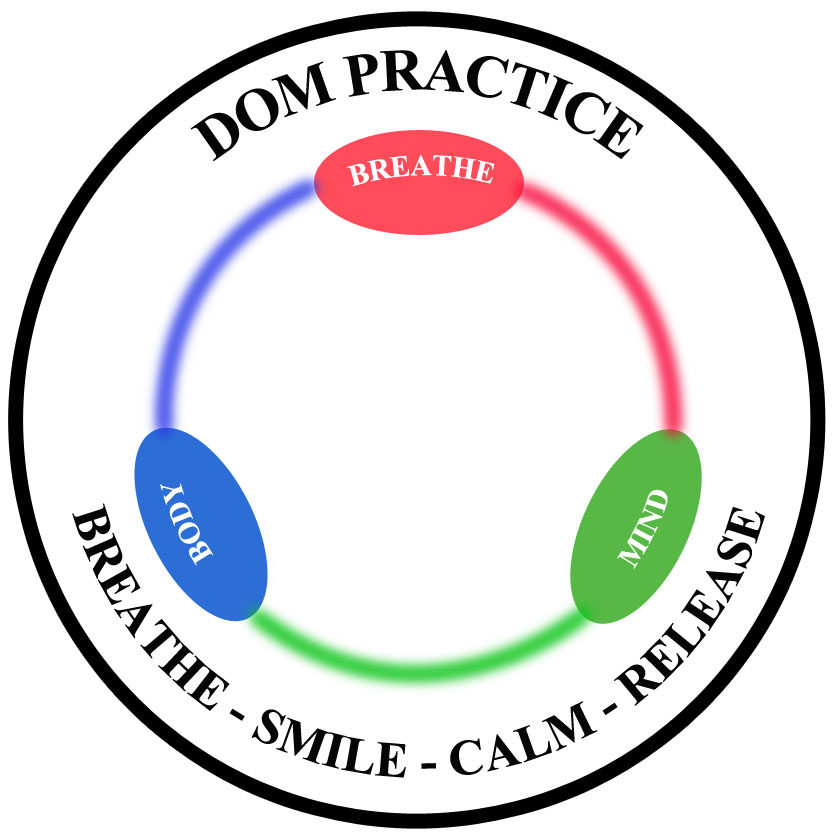The Story of Cundasukarika
While residing at the Veluvana monastery in Rajagaha, the Buddha uttered Verse (15) of this book, with reference to Cunda, the pork-butcher. Once, in a village not far away from the Veluvana monastery, there lived a very cruel and hard-hearted pork-butcher, by the name of Cunda. Cunda was a pork-butcher for over fifty-five years; all this time he had not done a single meritorious deed. Before he died, he was in such great pain and agony that he was grunting and squealing and kept on moving about on his hands and knees like a pig for seven whole days. In fact, even before he died, he was suffering as if he were in Niraya*. On the seventh day, the pork-butcher died and was reborn in Avici Niraya. Thus, the evil-doer must always suffer for the evil deeds done by him; he suffers in this world as well as in the next.
In this connection, the Buddha spoke in verse as follows:
| Kết Một Tràng Hoa
Thiền Sư Thích Nhất Hạnh |
Tích Truyện Pháp Cú Thiền viện Viên Chiếu |
Tâm Minh Ngô Tằng Giao Chuyển Dịch Thơ |
Translated by Acharya Buddharakkhita |
| Tạo ưu phiền đưa tới ưu phiền, làm điều ác đức lại khiến cho lo buồn tăng gấp đôi. Sau cái lo buồn lại còn có cái sợ hãi, thấy mình gây tội thì tâm mình lo sợ | Nay sầu, đời sau sầu, Kẻ ác hai đời sầu, Nó sầu, nó ưu não, Thấy nghiệp uế mình làm. |
Đau buồn ngay ở kiếp này Kiếp sau cũng lại tràn đầy buồn đau: Người làm điều ác hay đâu Buồn kia theo mãi dài lâu bên mình Quay nhìn việc ác tạo thành Chết mòn thân xác, héo nhanh tâm hồn. |
The evil-doer grieves here and hereafter; he grieves in both the worlds. He laments and is afflicted, recollecting his own impure deeds. |
